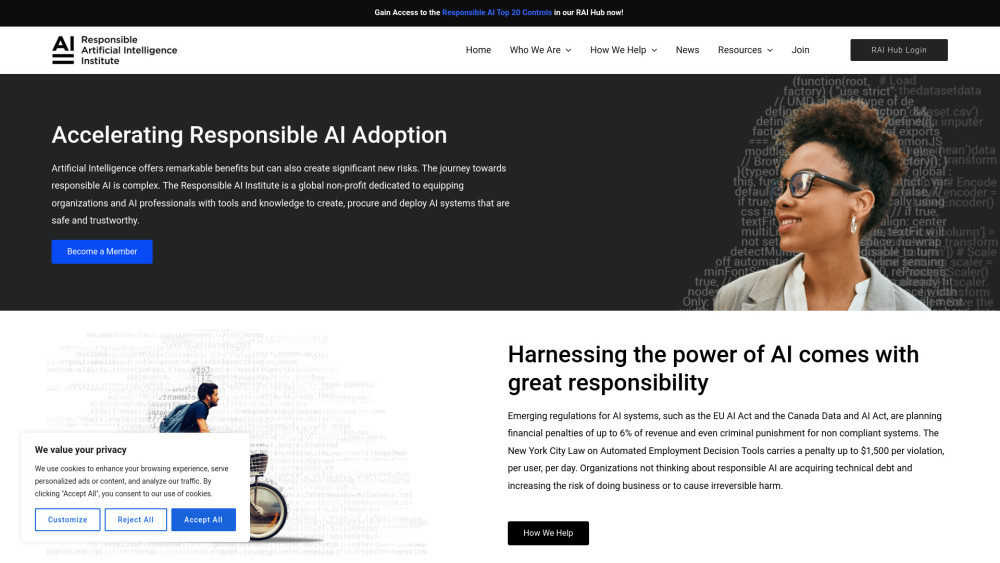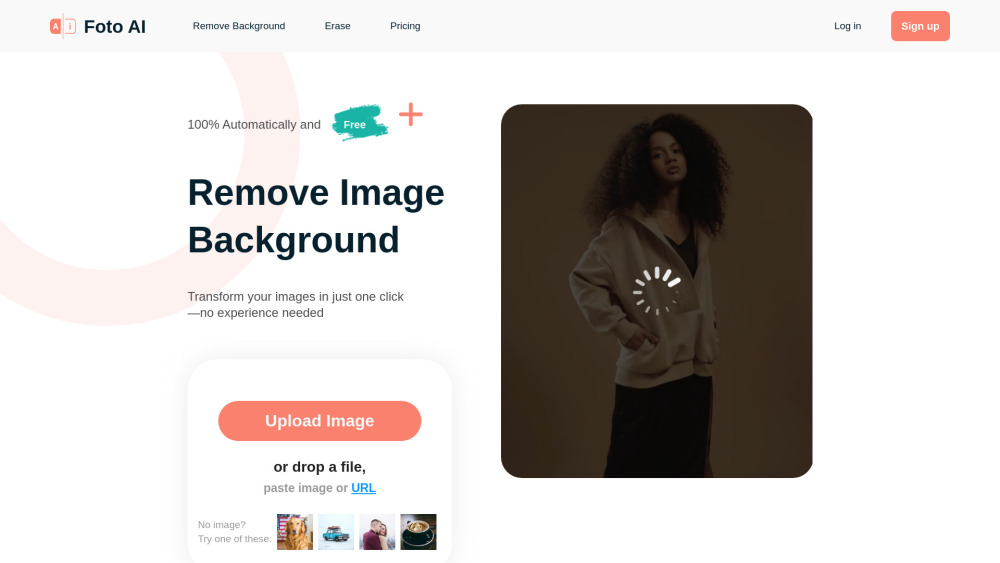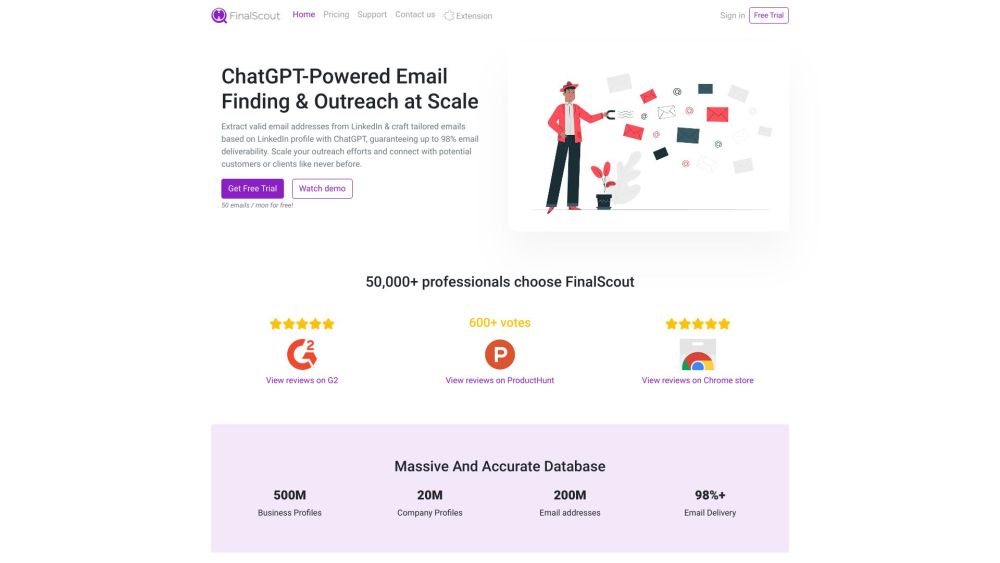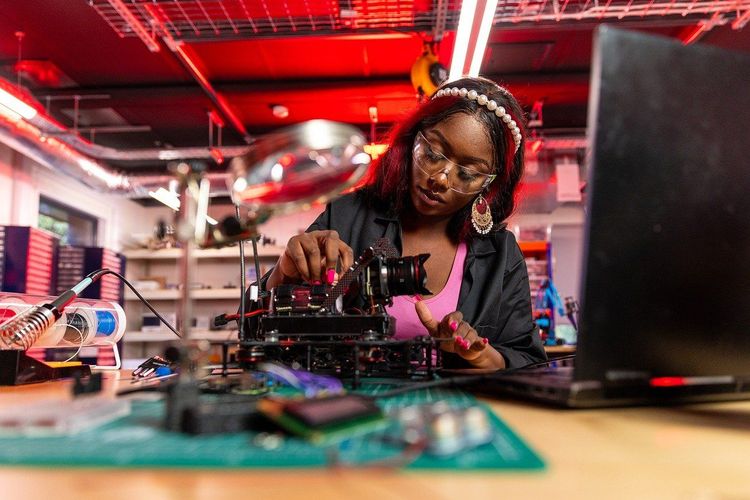On October 9, 2023, renowned computer scientist Geoffrey E. Hinton, often referred to as the "father of artificial intelligence," received surprising news: he was awarded the 2024 Nobel Prize in Physics. At the time, Hinton was staying at an affordable hotel in California with poor internet and cellphone reception. His immediate reaction was to joke about potentially having to cancel a medical appointment that day, a testament to his down-to-earth nature.
Hinton shared the Nobel honor with John J. Hopfield from Princeton University, recognized by the Royal Swedish Academy of Sciences for their foundational discoveries and inventions in machine learning through artificial neural networks. Born in December 1947 in Wimbledon, southwest London, Hinton was educated at Clifton College and King’s College, Cambridge, where he showcased a multidisciplinary approach by shifting between various fields, including natural sciences, art history, philosophy, and experimental psychology. After advancing his studies at the University of Edinburgh, he earned his Ph.D. in artificial intelligence in 1978.
Throughout his career, Hinton has held positions at several prestigious universities in both the UK and the US and is a founding member of the Gatsby Computational Neuroscience Unit at University College London. In 1987, he joined the University of Toronto’s computer science department, where he has remained for 37 years. Today, he serves as an emeritus professor and chief scientific advisor at the Vector Institute, one of Canada’s leading AI research institutions.
Hinton's work focuses on harnessing neural networks for machine learning, memory, perception, and symbolic processing. Despite his significant academic standing, his personal webpage at the University of Toronto is notably simple, stating that he no longer takes on students, postdoctoral researchers, or visiting scholars. In recognition of his contributions, he was elected a Fellow of the Royal Society in 1998, becoming the first recipient of the prestigious Rumelhart Prize in human cognitive science in 2001. In 2016, he was also elected as a foreign member of the National Academy of Engineering.
Before receiving the Nobel Prize, Hinton celebrated another highlight in his career: he was awarded the 2018 Turing Award, often dubbed the “Nobel Prize of Computing,” alongside Yoshua Bengio and Yann LeCun for their impact on deep learning in AI. In 2013, Hinton joined Google after the company acquired his deep neural network startup. However, he resigned from Google in May 2023, voicing concerns about the risks of AI and expressing some regret over his work in the field.
Hinton remarked, “It’s hard to see how to prevent bad actors from misusing AI,” highlighting his apprehension about the technology's potential consequences. The President of the University of Toronto, Gertler, expressed immense pride in Hinton's historic achievements, while Canadian Prime Minister Justin Trudeau praised him as a pioneer who has placed Canada at the forefront of AI technology. In the Nobel news conference, Hinton reiterated his concerns regarding the future of AI, believing its influence will parallel that of the Industrial Revolution but will likely surpass humanity in intellectual capacity rather than physical strength. While celebrating the significant productivity gains that AI brings across various sectors, Hinton also cautioned against potential negative outcomes, hoping that AI development “won’t get out of control.” He concluded by stating, “In the same circumstances, I would do the same research, but I worry that this could lead to systems that are ultimately smarter than us taking over everything.”






